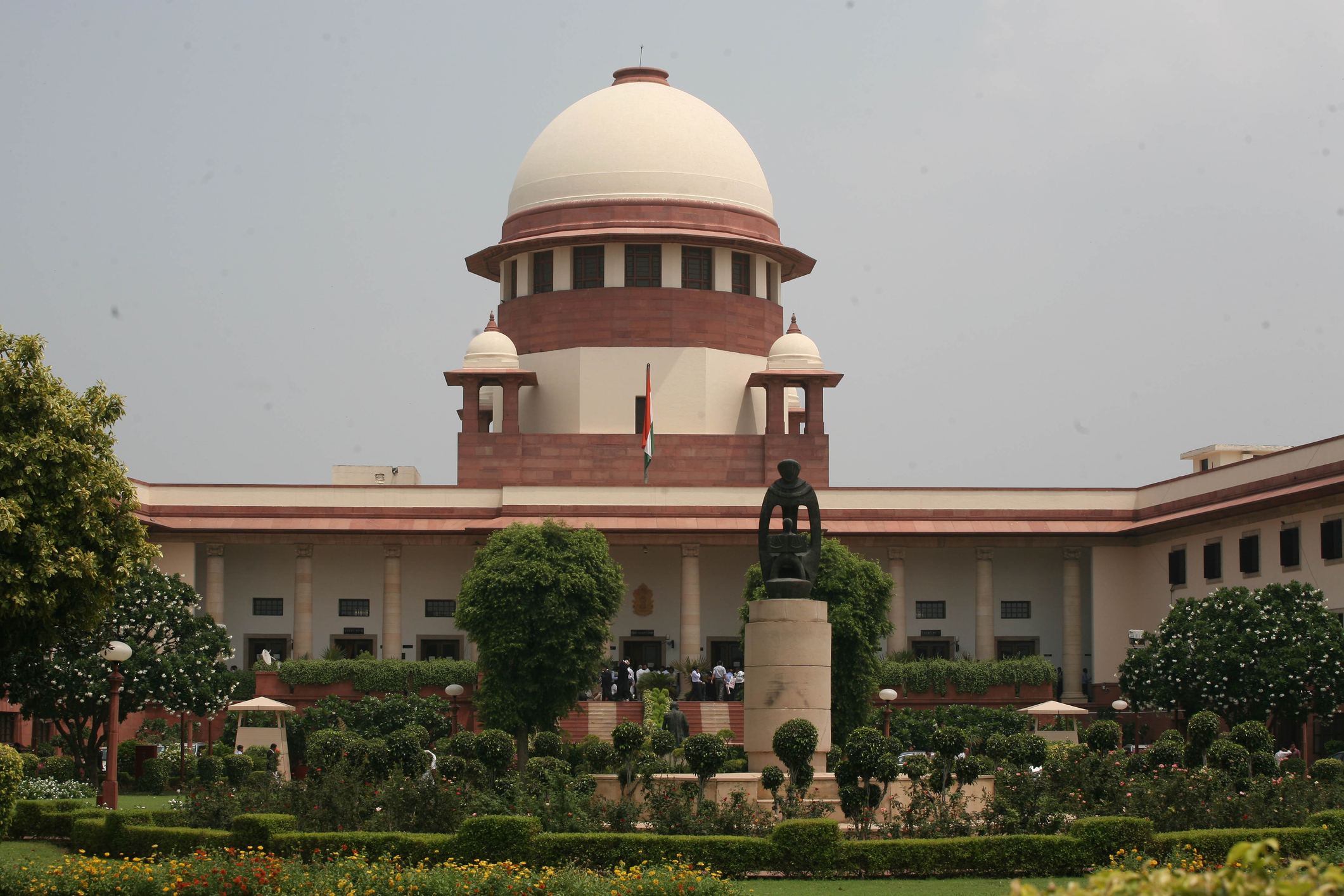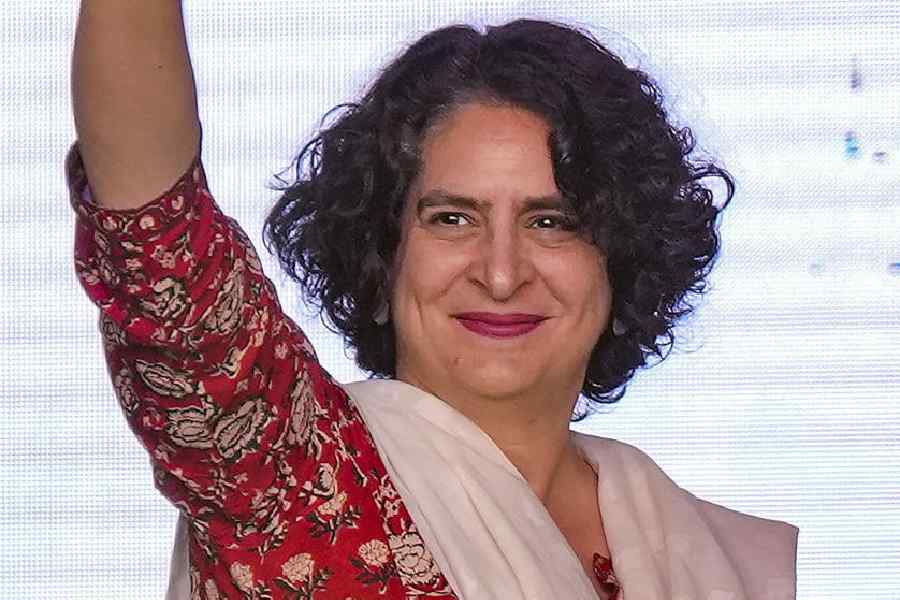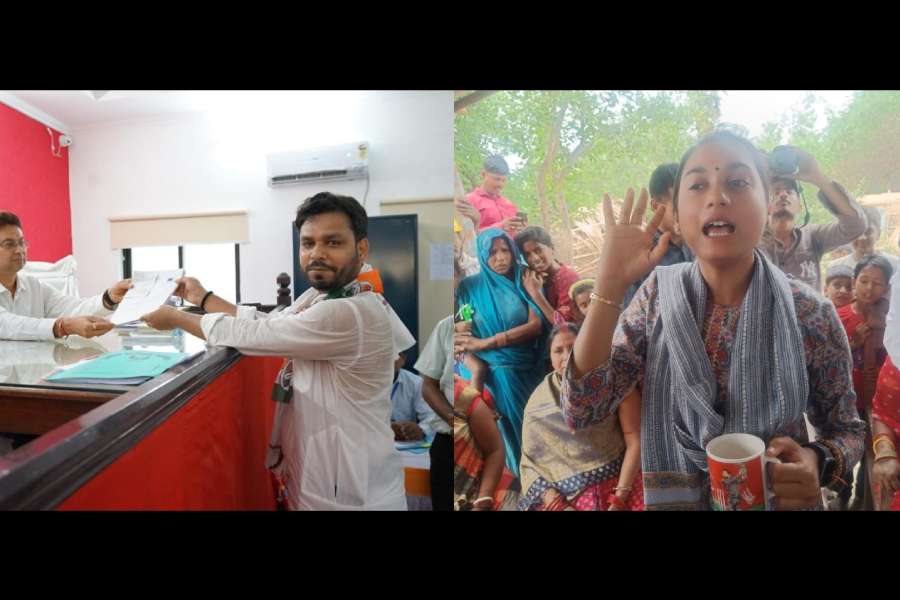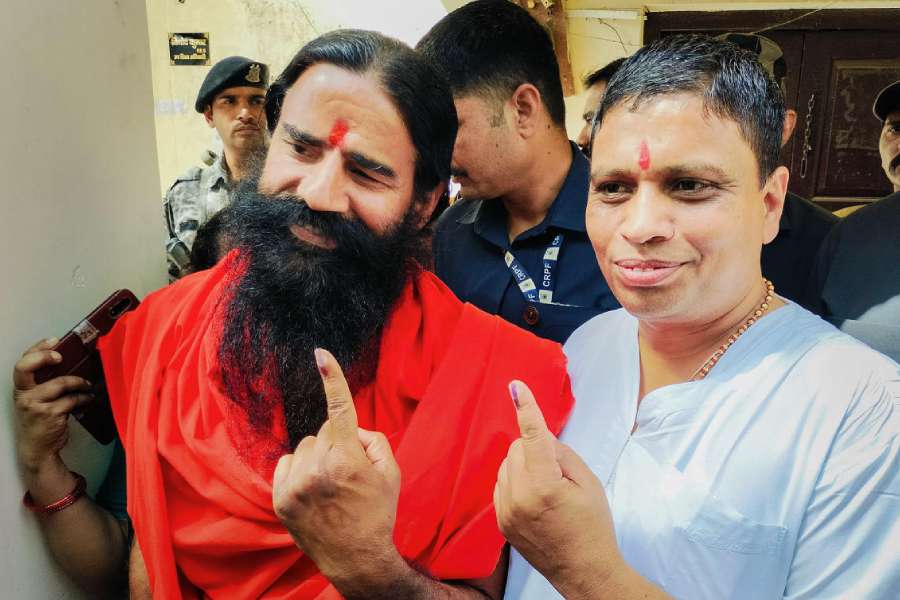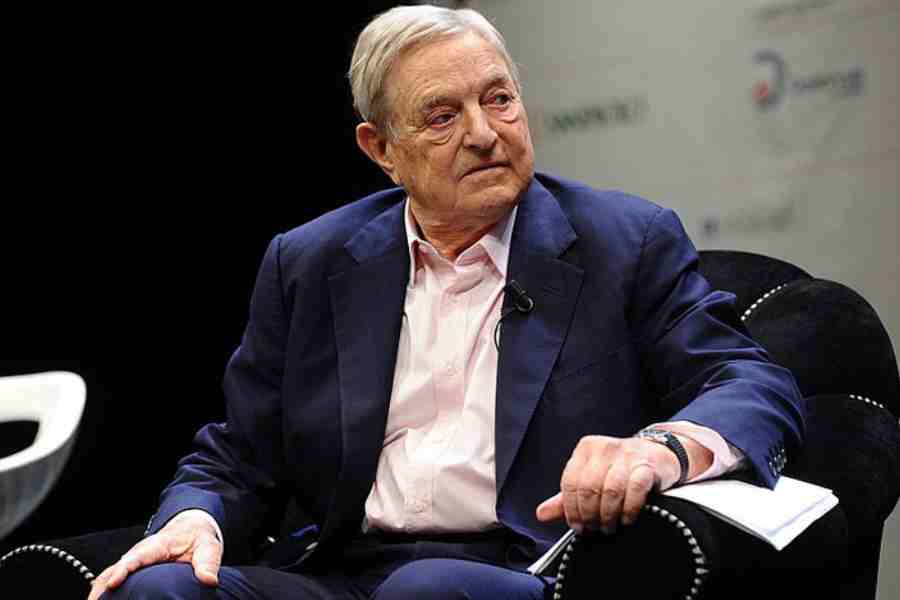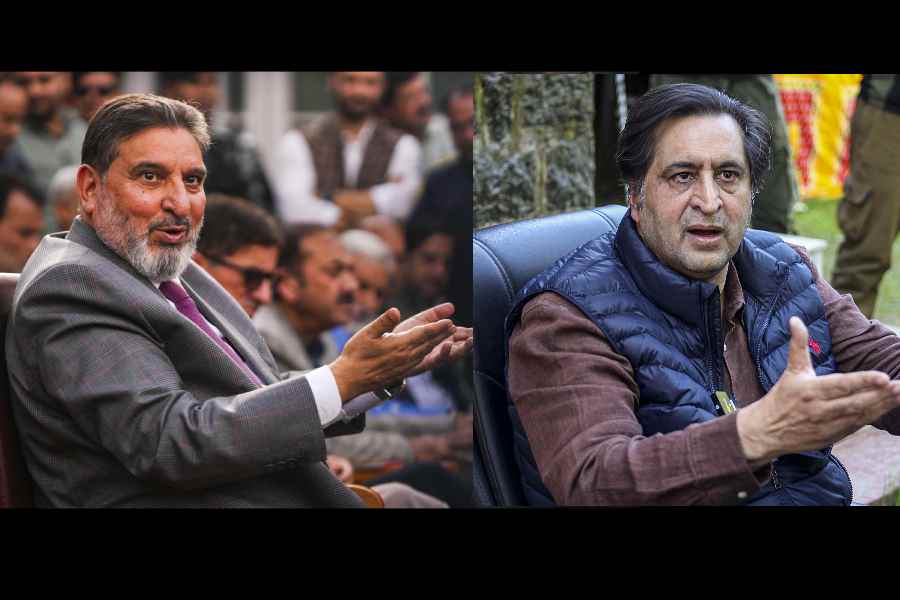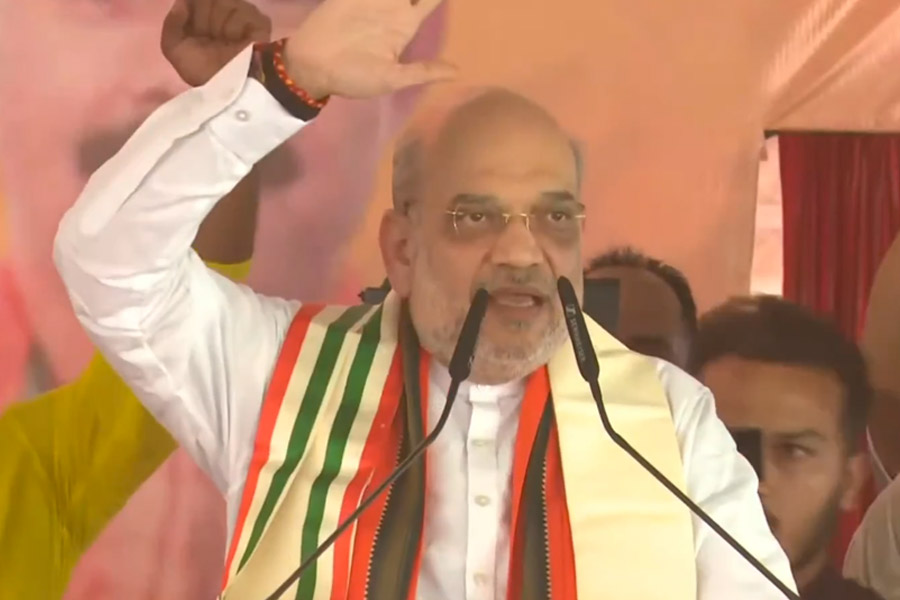The sale of electoral bonds worth Rs 370 crore in Calcutta in May was only the tip of an iceberg.
The Calcutta Main Branch of the State Bank of India sold electoral bonds valued at Rs 1,389 crore between March 2018 and May 2019 when the instruments were available in 10 tranches.
The figure makes Calcutta second only to Mumbai, the financial capital, in drawing money through the anonymous route ever since the scheme opened last year.
The value of the bonds sold in Calcutta represents as much as 23.7 per cent of the total national amount (Rs 5,851 crore) although Bengal accounts for only 7 per cent of the total Lok Sabha seats.
The bonds do not mention the names of the donors, which means only the issuing bank (SBI) will know the identity unless the benefactors choose to inform the recipients privately. Industry sources in Calcutta said local donors were unlikely to have coughed up such a high amount and speculated that the funds must have flowed from outside Bengal.
Some wondered whether the bonds were purchased for donations in the entire eastern region but others pointed out that the other eastern and northeastern states have respective local SBI branches authorised to sell the bonds. For instance, the Bhubaneswar branch of the SBI collected a sizeable amount through the bonds.
The figures threw up several questions: why parties need such large amounts (considering that law-enforcers try to insist that a candidate cannot spend more than Rs 70 lakh in a seat), what prompted the donors to open their purse-strings in such a generous manner and whether at least some of the big benefactors are expecting something in return from the recipients.

The Telegraph
On Tuesday, information accessed through the Right to Information Act and provided by the SBI had shown that Calcutta had topped the national list in May by selling electoral bonds valued at Rs 370.45 crore.
The cumulative figures from March 2018 to May 2019 were calculated by adding up the figures disclosed after each tranche had closed. The bonds were issued in 10 instalments till last month.
In the absence of transparency on who purchased these bonds and for which political party, not much can be read into why a particular city saw a much higher sale of bonds than another, said Jagdeep S. Chhokar, a founder of the Association of Democratic Rights (ADR) that monitors political party funding.
“It may look like staggering amounts to us but the money that is being routed through bonds is still only a drop in the bucket. The real money that is going to political parties is still not traceable,” Chhokar told The Telegraph.
The bonds were introduced by the Narendra Modi government in its 2017-18 budget on the premise that it would clean up political funding. But the secrecy shrouding the scheme had drawn criticism and the charge that the electoral bond was a tool advantageous to the ruling party.
Under the electoral bonds scheme, legally no one other than the SBI will know who has got the bonds and for which party.
According to the scheme, even the political parties need not necessarily know the identity of the donors.
Which is why Chhokar is of the view that the Supreme Court’s interim order of April 12, 2019, directing all political parties to furnish details of the electoral bonds they had received, including the names of the donors, will not yield much result.
Most of the major political parties had not complied with the Supreme Court’s directive to furnish the details to the Election Commission by May-end.
Additional reporting by our business bureau

